Protecting large, charismatic animals like whales is often seen as a sort of charity work individuals and governments do on behalf of nature. A team of economists led by Ralph Chami, an assistant director of the IMF’s Institute for Capacity Development, wanted to change the way we think about whales by quantifying the benefit they provide us in dollars and cents.
This sort of thinking offers a new opportunity to reconsider the value of an animal. As the world has larger discussions about climate change, animals around the world can help or harm our planet depending on what we do or don’t do with them.
The analysis hasn’t yet been published in a peer-reviewed scientific paper, and there are still important scientific knowledge gaps in terms of how much carbon whales can capture. But based on the research that’s been done so far, it’s clear to the economists that if we protect great whales, it will reap major dividends for the planet.
Chami hopes this finding will “start a conversation with the policymakers who don’t buy into saving animals for the sake of animals.”
At this point, any angle that introduces people to veganism is good. And even saving one animal could have a large net effect, like when wolves were brought back into Yellowstone.
Great whales, including the filter feeding baleen and sperm whales, help sequester carbon in a few ways. They hoard it in their fat and protein-rich bodies, stockpiling tons of carbon apiece like giant, swimming trees. When a whale dies and its carcass descends to the bottom of the sea, that stored carbon is taken out of the atmospheric cycle for hundreds to thousands of years, a literal carbon sink.
A study published in 2010 estimated that eight types of baleen whales, including blue, humpback, and minke whales, collectively shuttle nearly 30,000 tons of carbon into the deep sea each year as their carcasses sink. If great whale populations rebounded to their pre-commercial whaling size, the authors estimate this carbon sink would increase by 160,000 tons a year.[…]
Using the current market price of carbon dioxide, the economists then worked out the total monetary value of this marine mammalian carbon capture, and added it to other economic benefits great whales provide through things like ecotourism.
Altogether, Chami and his colleagues estimated that each of these gentle giants is worth about $2 million over its lifetime. The entire global population of great whales? Possibly a one trillion dollar asset to humanity.
Interesting.
“We don’t want to oversell the concept,” said Steven Lutz, the Blue Carbon Program Leader at GRID-Arendal, a Norweigan foundation that works with the United Nations Environment Program. “It’s not like we save the whales and we save the climate.”
That’s true, but any step in the right direction is a good step.
